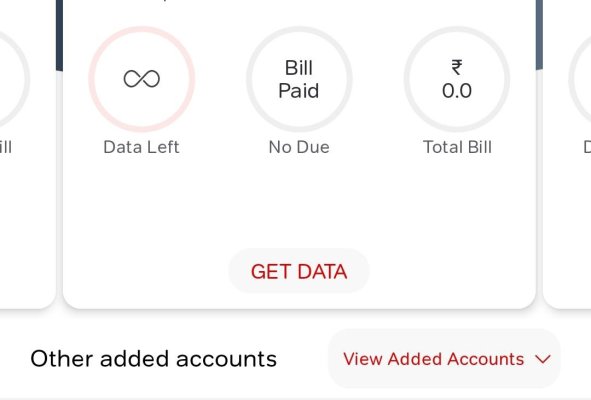What makes you say that confidently?
We are a 5-person household. 200Mb/s connection.
2 people work from home, 1 student. 2 parents. Only one PC/console gamer among 5.
Monthly data usage (YouTube, Office VPN, Prime, Hotstar, Some game downloads and updates (200GB+ COD updates anyone?), OS and app downloads/updates.
We have hit the Airtel 3.33TB once, with 0 piracy/movie downloads/file sharing.
We consistently hit 2TB per month, barring if we are not at home for a week (let's say on holiday).
The above situation I think is a typical Indian household that has a fiber connection at home (not average household, but average fiber consumer household).
If there are less people or no work from home/content watchers (TV), people just use mobile data (1.5-2GB/day plans per device).
Then there's people like
@rsaeon XD




